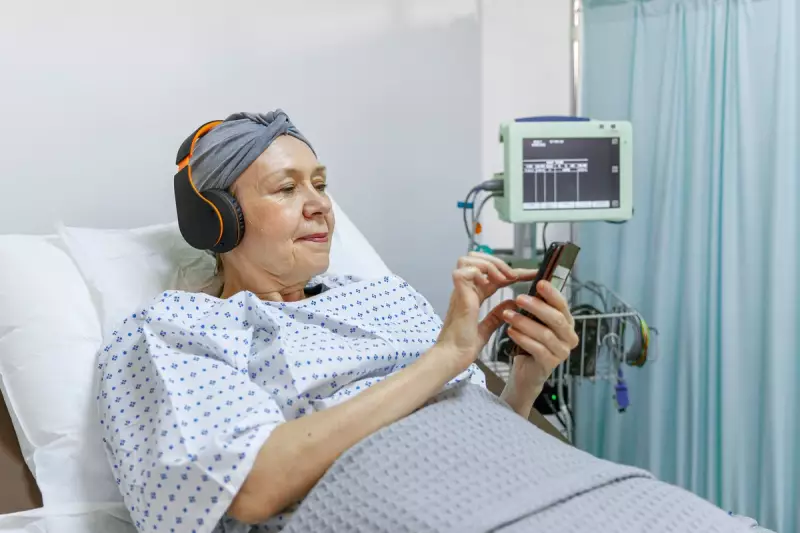
For patients fighting for recovery in the high-stress environment of an Intensive Care Unit (ICU), a surprising and powerful tool could be as close as a pair of headphones. Pioneering new research suggests that the simple act of listening to music can have a profound effect on vital signs, significantly lowering blood pressure and calming heart rates.
The study, which brings scientific rigour to an intuitive concept, offers hope for a simple, non-pharmacological intervention to support patient wellbeing. In the clinical setting of an ICU, where anxiety and pain are common, this finding points to music as a valuable ally in the healing process.
The Rhythm of Recovery
The research focused on measuring the physiological impact of music on patients receiving critical care. The results were clear: those who listened to music experienced measurable improvements in key health metrics compared to those who did not.
The primary benefits observed include:
- A noticeable reduction in systolic blood pressure.
- A significant calming of the heart rate.
- A general decrease in anxiety levels among patients.
This suggests that music does more than just provide a distraction; it actively engages the body's parasympathetic nervous system, promoting a state of relaxation that is crucial for recovery.
A Harmonious Addition to Treatment
Experts highlight that this approach is not meant to replace traditional medicine but to complement it. As a low-cost, zero-risk intervention, music therapy could be seamlessly integrated into standard care protocols. It empowers patients, giving them a sense of control and a pleasant coping mechanism during a vulnerable time.
The implications are substantial for healthcare providers in the NHS and beyond. Incorporating curated music sessions could improve patient outcomes, enhance satisfaction, and potentially reduce the reliance on sedative medications in some cases.
While further research may explore which genres or tempos are most effective, the fundamental message is resonant: in the journey back to health, sometimes the right prescription has a beat.





